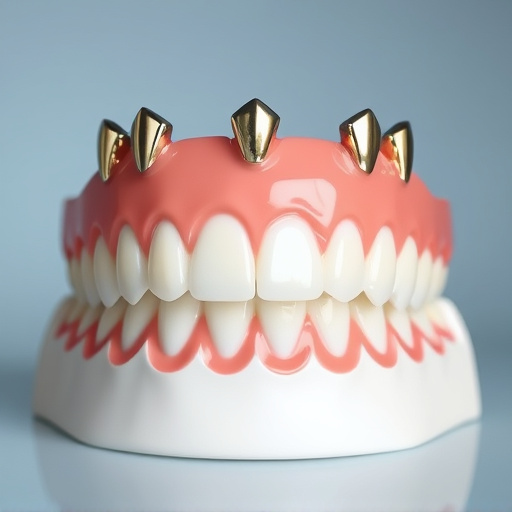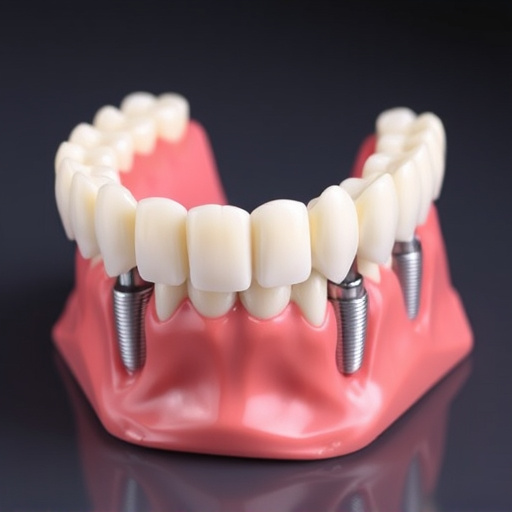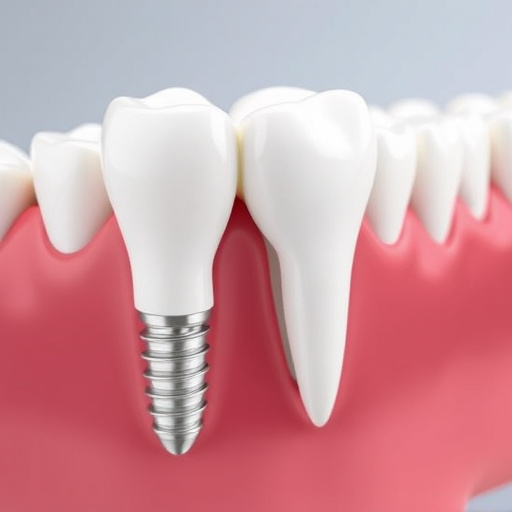Special needs dentistry clinics create tailored environments with sensory-friendly design principles to cater to individuals with physical, cognitive, and emotional disabilities. They offer comprehensive services from preventive care to advanced procedures, enhancing access to quality dental care and fostering trust for patients with past negative healthcare experiences. This approach improves well-being, encourages cooperation, and creates a calm, welcoming, and inclusive environment for all patients. Despite challenges, the growing demand highlights the importance of special needs dentistry in promoting comprehensive dental services.
Special needs dentistry clinics play a vital role in providing comprehensive oral care to individuals with diverse requirements. These specialized practices offer tailored services, addressing unique challenges faced by patients with autism, sensory processing disorders, or other special needs. By implementing sensory-friendly design principles, such as reduced noise and visual stimuli, these clinics create comfortable environments that foster trust and facilitate efficient dental treatments. This article explores the significance of such adaptations, their positive impact on patient experiences, and the associated challenges in delivering inclusive dental care.
- Understanding Special Needs Dentistry Clinics
- Designing Sensory-Friendly Spaces for Comfort
- Benefits and Challenges of Inclusive Dental Care
Understanding Special Needs Dentistry Clinics
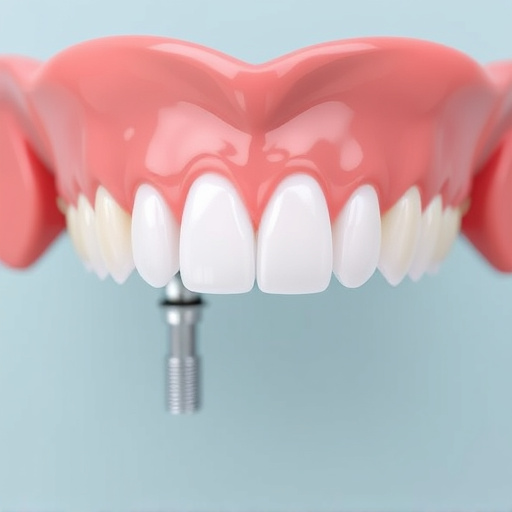
Special needs dentistry clinics are specifically designed to cater to individuals with various physical, cognitive, and emotional disabilities. These clinics understand that traditional dental settings can be overwhelming for patients with special needs, so they create a more comfortable and accommodating environment. By incorporating sensory-friendly design principles, such as reduced noise levels, soft lighting, and calming spaces, these clinics ensure that every patient receives the dental care they require without unnecessary stress or anxiety.
Family dentistry practices that specialize in special needs dentistry offer a range of services, including preventive care, restorative dentistry (like fillings and crowns), and even advanced procedures like dental implants. The goal is to promote oral health and well-being for all patients, regardless of their abilities. This approach not only improves access to quality dental care but also fosters trust and positive experiences for those who may have had challenging interactions with healthcare providers in the past.
Designing Sensory-Friendly Spaces for Comfort
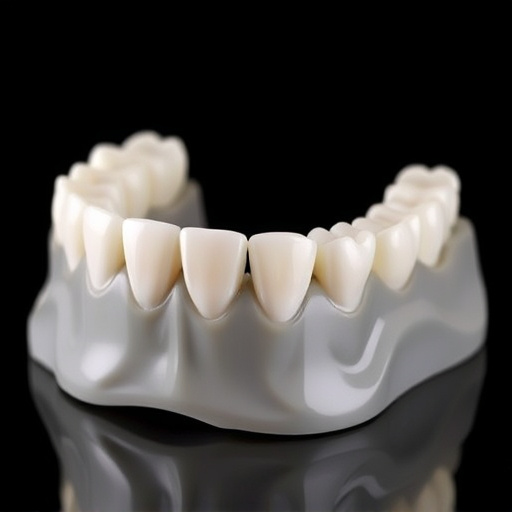
Creating sensory-friendly spaces within dental clinics is a game-changer for patients with special needs. These designs focus on comfort and reducing potential sensory overload, ensuring a more positive experience. By implementing specific considerations, such as dimmable lighting, quiet areas, and tactile distractions, dentists can make their practices accessible to individuals with various sensory sensitivities.
Sensory-friendly design goes beyond basic accessibility; it aims to foster a calm and welcoming environment for special needs patients. This approach not only enhances their overall well-being but also encourages better cooperation during dental procedures, including those requiring general dentistry or cosmetic fillings. Such adaptations can make a significant difference in how patients perceive and interact with the clinic, potentially reducing anxiety and creating a more inclusive setting.
Benefits and Challenges of Inclusive Dental Care
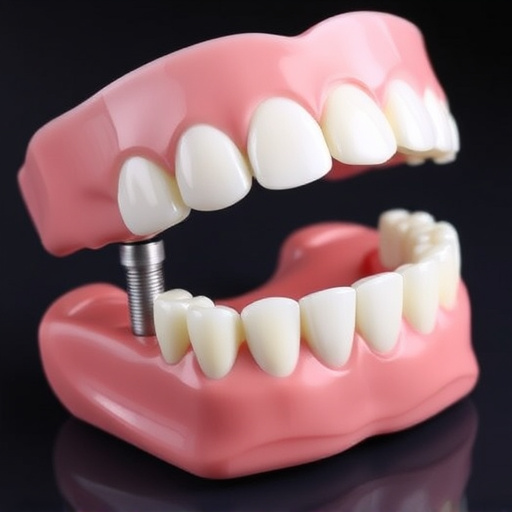
Special needs dentistry clinics with sensory-friendly design offer a multitude of benefits for individuals with various disabilities and special requirements. These facilities are tailored to create a comfortable and less intimidating environment, which can significantly improve access to essential dental care. By addressing specific sensory needs, such as reducing noise levels, offering quiet spaces, and employing calming visual aids, these clinics ensure that patients with conditions like autism or sensory processing disorders receive the necessary treatments without unnecessary stress or anxiety. This inclusive approach not only enhances overall patient experience but also fosters trust and cooperation, leading to better dental health outcomes.
Despite the numerous advantages, providing special needs dentistry presents unique challenges. Customizing clinic spaces and adapting standard procedures requires additional planning and resources. Dentists and staff members need specialized training to cater to diverse patient needs effectively. Furthermore, ensuring communication accessibility, whether through sign language interpreters or visual aids, is crucial for building rapport and understanding patient concerns. While these challenges exist, the growing demand for inclusive dental care highlights the importance of dedicated special needs dentistry clinics in promoting comprehensive dental health services for all individuals, regardless of their abilities.
Special needs dentistry clinics with sensory-friendly designs are transforming dental care, offering a more comfortable and inclusive environment. By addressing the unique requirements of patients with sensory processing disorders or other special needs, these clinics enhance access to essential oral health services. While there are challenges in implementing such spaces, the benefits—from reduced anxiety to improved patient outcomes—make them a valuable addition to the dental landscape. Moving forward, further integration of sensory-friendly design principles in dentistry will contribute to more accepting and accessible care for all.









